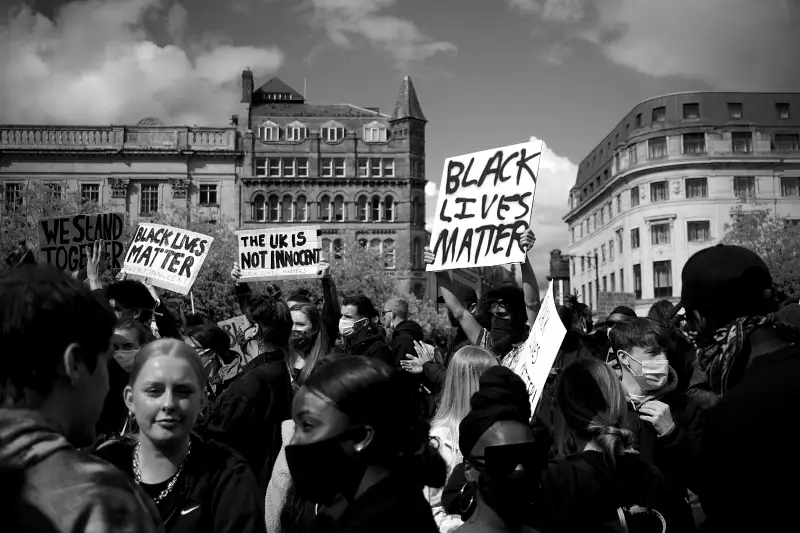Political instability is a concept widely studied in sociology, focusing on the dynamics and causes of disruptions in political systems. It refers to a state of uncertainty, unrest, and unpredictability within a society’s political framework. This article aims to outline and explain the concept of political instability from a sociological perspective.
Defining Political Instability
Political instability can manifest in various forms, such as social unrest, protests, riots, coups, or even civil wars. It is a condition characterized by a lack of political order and the inability of the government to maintain stability and control over the society. This instability often arises from a combination of social, economic, and political factors.
Causes of Political Instability
1. Social Inequality: Societies marked by significant disparities in wealth, income, and opportunities tend to experience higher levels of political instability. When a large portion of the population feels marginalized or excluded from the political process, it can lead to social unrest and political upheaval.
2. Economic Factors: Economic crises, such as high unemployment rates, inflation, or economic inequality, can contribute to political instability. These conditions often result in public dissatisfaction, leading to protests, strikes, and demands for political change.
3. Corruption and Governance Issues: Widespread corruption, lack of transparency, and ineffective governance erode public trust in political institutions. When citizens perceive their government as corrupt or inefficient, it can fuel political instability as they seek alternatives or demand reforms.
4. Ethnic and Religious Divisions: Societies with deep-rooted ethnic or religious divisions are prone to political instability. Conflicts based on identity can escalate into larger political crises if not effectively managed by the government. These divisions can be exacerbated by political manipulation or exclusionary policies.
5. External Factors: Political instability can also be influenced by external factors such as interventions by foreign powers, economic sanctions, or geopolitical tensions. These external pressures can destabilize a country’s political system and exacerbate existing internal conflicts.
The Consequences of Political Instability
Political instability has wide-ranging consequences for societies and individuals:
1. Economic Impact: Instability can disrupt economic activities, leading to decreased investment, business closures, and job losses. Uncertainty and unrest deter both domestic and foreign investors, hampering economic growth and development.
2. Social Disruption: Political instability often leads to social unrest, violence, and displacement of populations. Communities may become divided along political, ethnic, or religious lines, resulting in increased tensions and conflicts.
3. Erosion of Democratic Institutions: In unstable political environments, democratic institutions may be weakened or undermined. This can lead to a decline in the rule of law, restrictions on civil liberties, and a loss of trust in democratic processes.
4. Humanitarian Crises: Political instability can create humanitarian crises, with the displacement of people, food shortages, and inadequate access to healthcare and education. Vulnerable populations, such as women, children, and refugees, are particularly affected.
Addressing Political Instability
Addressing political instability requires a comprehensive approach that tackles the underlying causes:
1. Promoting Social and Economic Equality: Reducing social and economic inequalities can help address the grievances that fuel political instability. Policies that promote inclusive growth, social welfare, and equal opportunities can help create a more stable society.
2. Strengthening Democratic Institutions: Building strong and transparent democratic institutions is crucial for stability. This includes promoting the rule of law, ensuring free and fair elections, and fostering political participation and civic engagement.
3. Tackling Corruption: Combating corruption is essential to restore public trust in political institutions. Implementing effective anti-corruption measures, promoting transparency, and holding corrupt individuals accountable can help reduce political instability.
4. Managing Ethnic and Religious Divisions: Encouraging dialogue, promoting intergroup understanding, and implementing inclusive policies can help manage ethnic and religious divisions. Building a sense of national identity that transcends these divisions is crucial for stability.
5. Strengthening International Cooperation: Addressing political instability often requires international cooperation. This can involve diplomatic efforts, economic assistance, and supporting peace-building initiatives in conflict-affected regions.
In conclusion, political instability is a complex sociological concept that encompasses various factors and consequences. Understanding its causes and effects is crucial for developing strategies to promote stability, social cohesion, and democratic governance.





